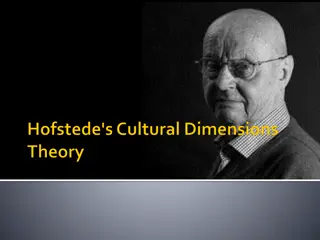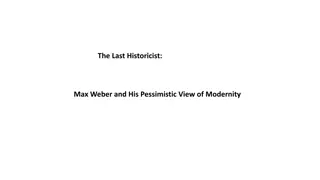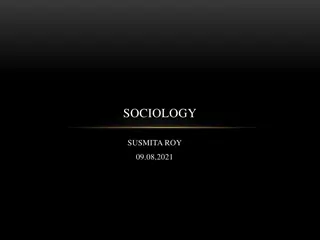Iravati Karve - Renowned Anthropologist and Sociologist
Iravati Karve (1905-1970) was a distinguished anthropologist, sociologist, educationist, and writer known for her work on kinship, Indian culture, and the Mahabharata. Through her major works and analysis of kinship organization in India, Karve made significant contributions to understanding regiona
2 views • 14 slides
Collection of Images Featuring Notable Historical Figures
A compilation of images showcasing prominent historical figures such as Pol Pot, Adolf Hitler, and sociologist S. Cohen, including snapshots from various sources like Wikimedia, Google Images, and academic websites. The images are presented in a structured manner with accompanying metadata, possibly
0 views • 10 slides
Charles Horton Cooley - Sociologist and Creator of the Looking Glass Self
Charles Horton Cooley, an American sociologist associated with the University of Michigan, is best known for his concept of the looking-glass self. Cooley's major works span topics like social change, human nature, and social consciousness. His Looking Glass Self theory explores how individuals form
1 views • 18 slides
Understanding Cultural Dimensions by Geert Hofstede
Geert Hofstede, a prominent sociologist, introduced five parameters to explain cultural differences, categorizing cultures into national and organizational. The dimensions include power distance, individualism, masculinity, uncertainty avoidance, and long-term orientation. Each dimension explores ho
0 views • 14 slides
Understanding Microaggressions: Insights from Key Figures
Key figures in the field of psychology and sociology, such as psychiatrist Chester Pierce, sociologist Philomena Essed, and psychologist Derald Wingfield Sue, have made significant contributions to the understanding of microaggressions. Chester Pierce highlighted the detrimental effects of micro-off
0 views • 15 slides
Understanding Historicist Views: Max Weber's Perspective
Max Weber, a prominent sociologist, explored the historicist perspective by emphasizing the impact of history on all aspects of human culture and values. His critical approach highlighted the fluid nature of societal elements and the need to understand them within their historical context. Additiona
0 views • 16 slides
Understanding Cultural Capital in Early Years Education
Cultural capital in early childhood education refers to the values, beliefs, and knowledge acquired through social class and cultural groups. Explored through the EYFS framework, it shapes children's educational experiences and outcomes. French sociologist Pierre Bourdieu emphasized its societal pow
0 views • 23 slides
Life and Contributions of Émile Durkheim
Émile Durkheim, a prominent French sociologist, made significant contributions to the field of sociology with his theory of Functionalism and concept of social facts. He focused on understanding social phenomena scientifically and emphasized the importance of education in maintaining social solidar
0 views • 16 slides
Understanding Max Weber's Bureaucracy Theory
Max Weber, a renowned sociologist and political economist, developed the Theory of Bureaucracy in the early 20th century to address the challenges of industrial revolution in Germany. His principles emphasized efficiency and effectiveness in organizational administration. Despite some misconceptions
0 views • 23 slides
Understanding Minority Groups in Sociology
Sociologist Louis Wirth defined minority groups as those singled out in society for differential treatment due to physical or cultural characteristics, leading to collective discrimination. Membership is both objectively ascribed and subjectively applied. Minority group status can be based on race,
0 views • 12 slides









